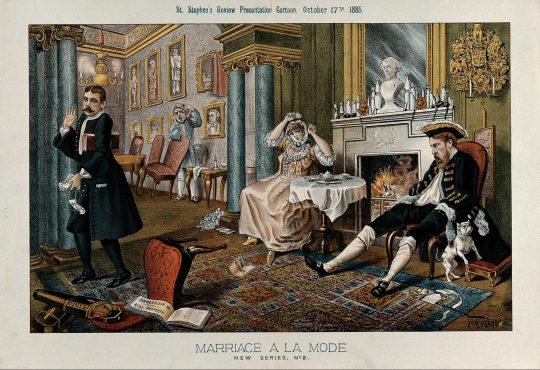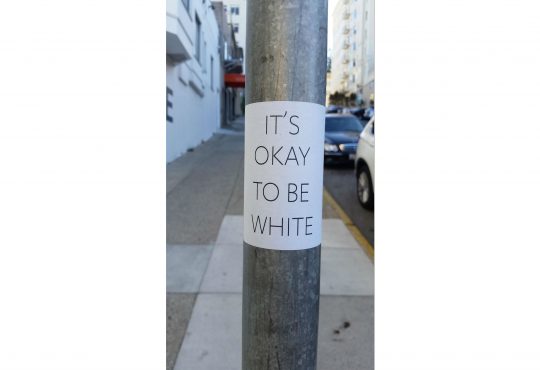In light of pressure outside and within the Greek community, the National Panhellenic Council (NPC) and the National Interfraternity Council (NIC) have withdrawn their support for the Safe Campus Act, but remain in favor of the Fair Campus Act. According to congressional records, the NIC and the NPC have spent at least $210,000 lobbying for both the Fair and Safe Campus Acts.
If implemented, these acts would change the process through which cases of sexual misconduct on campuses are reported, adjudicated, and resolved, limiting universities’ ability to act unilaterally to protect victims and sanction perpetrators of sexual assault. While these acts are very similar, the Safe Campus Act requires instances of sexual assault to be reported to law enforcement before universities can conduct their own investigation.
The Panhellenic Governing Council (PGC) and the Interfraternity Governing Council (IFC), which represent the Puget Sound Greek community recently issued a joint statement not supporting the Safe Campus Act of 2015 or the Fair Campus Act. The statement, a letter addressed to the NPC and the NIC, supported pieces of the Safe Campus Act and the Fair Campus Act but stated that they could not support the Act as a whole.
“We do support part of the act regarding the single-sex exemption, which allows our community to remain as our founders intended,” the statement reads. “We also support the sections of the acts regarding the right to due process for campus organizations, including Fraternities and Sororities.”
However, much of the statement critiqued the use of national legislation to comprehensively address the issue of sexual assault. “Legislating sexual assault and misconduct on the national level is something far too complex and riddled with exceptions…they could not effectively handle and process these cases in the most fair manner,” the document states.
Furthermore, the statement raised concerns with the increased burden of proof for university investigations stipulated by the Act, as well as a lack of engagement with law enforcement on drafting the legislation, which would increase demands on police resources. Most college campuses currently use the lowest burden of proof, a “preponderance of evidence”, mandated by the Department of Education in 2011 under President Barrack Obama. This legislation would allow campuses to set their requirement of evidence as high or as low as a college wants to, even matching that of the highest standard of proof in the judiciary.
These bills were created to address the issue of sexual violence on college and university campuses. Congressman and bill sponsor Matt Salmon (R – Arizona) argued that increased burdens of proof are “commonsense standards of procedure to respect the due process rights of students,” according to a July statement announcing the Safe Campus Act.
The Puget Sound IFC and PGC argue that increasing the burden of proof “is an issue because many victims of sexual misconduct and assault do not come forward immediately after an incident. A victim will often wait days, weeks or months after the incident to report it and thus with time, evidence while still very legitimate and valuable becomes more complicated to use especially in the legal setting.”
Rape cases are very difficult to prosecute and often rest on he said/she said testimony,” Alissa Ackerman, Assistant Professor of Criminal Justice at the University of Washington, Tacoma, who specializes in issues of sexual violence said. “False reports of rape are very rare, and while it is crucial that we respect the rights of the accused, we must also respect the needs of survivors. It is a delicate balance to strike – one that will not and cannot be attained by the Safe Campus Act.”
Given the potential impact of the Safe Campus Act, numerous organizations working on the issue of sexual violence have taken a stance on it. “Every survivor advocacy group, including those run and supported by experts in the field, has come out in opposition of the Safe Campus Act,” Ackerman said.
According to the Huffington Post, Alpha Phi’s national executive board was the first sorority in the NPC to contradict the NPC’s official stance. Though it stopped short of opposing it, the executive board refused to endorse the Safe Campus Act and the Fair Campus Act, saying that “universities should remain accountable for the safety of their campuses.”
Gamma Phi Beta’s national council also released a statement on Friday, October 13, saying that it “does not support the current NPC-endorsed legislation as written.”
The PGC/IFC statement concludes by calling on the NIC and NPC “to engage in constructive dialogue with higher education trade associations and the law enforcement community to form a more adequate response to this societal issue.”






